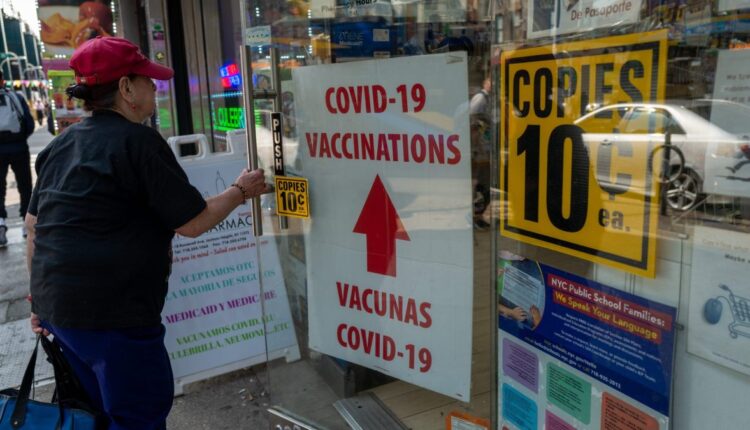
COVID Vaccine Distribution Chaos: Another Round of Mess
TL/DR –
The latest COVID-19 vaccine formulations are out, designed to counter the virus’s latest mutations, but some people have encountered issues with getting vaccinated due to the reliance on health insurance and provider networks. Some individuals have been turned away from appointments due to insurance complications, such as out-of-network care. Federal regulators and industry representatives have been working intensively to ensure the problems are addressed as companies are legally required to provide the COVID-19 vaccines at no cost to patients.
Latest COVID Vaccine Challenges: New Formulations and Health Insurance Complications
The latest COVID vaccine formulations are aiming to fight the virus’s newest mutations. With expectations of rising cases in the upcoming fall and winter, health experts recommend vaccination now.
However, new hurdles arise as this is the first COVID vaccination round mainly facilitated by regular health insurance and provider networks, not the government. Gone are the days of the federal government covering costs and handling distribution. With no additional funding authorized by Congress, vaccinations now pass through the commercial health care system, leading to issues.
Cynthia Cox, a Washington, D.C. resident and health care policy researcher at the Kaiser Family Foundation, shares her struggle: “I’ve been turned away twice for vaccine appointments that I had…my insurer prevented me from getting the vaccine, because it was an out-of-network pharmacy.”
Cox explains that while insurers don’t have to cover out-of-network care, they must cover it in full if the preventive service isn’t available in the network. However, defining “not available” in the context of COVID vaccine doses can be tricky, especially considering initial supply constraints in certain regions.
Insurers rushed to make the recently approved latest COVID vaccine formulations available, but the compressed timeline resulted in some patients being turned away due to outdated payment systems.
These issues caught the attention of federal regulators, leading to a virtual meeting between Health and Human Services Secretary Xavier Becerra and healthcare industry leaders. Jenny McGuigan Babcock, senior vice president for medicaid policy at the Association for Community Affiliated Plans, reported positive collaboration in the meeting.
While some challenges persist, industry representatives emphasize their legal obligation to provide COVID vaccines free of charge to patients.
Read More Health & Wellness News ; US News
